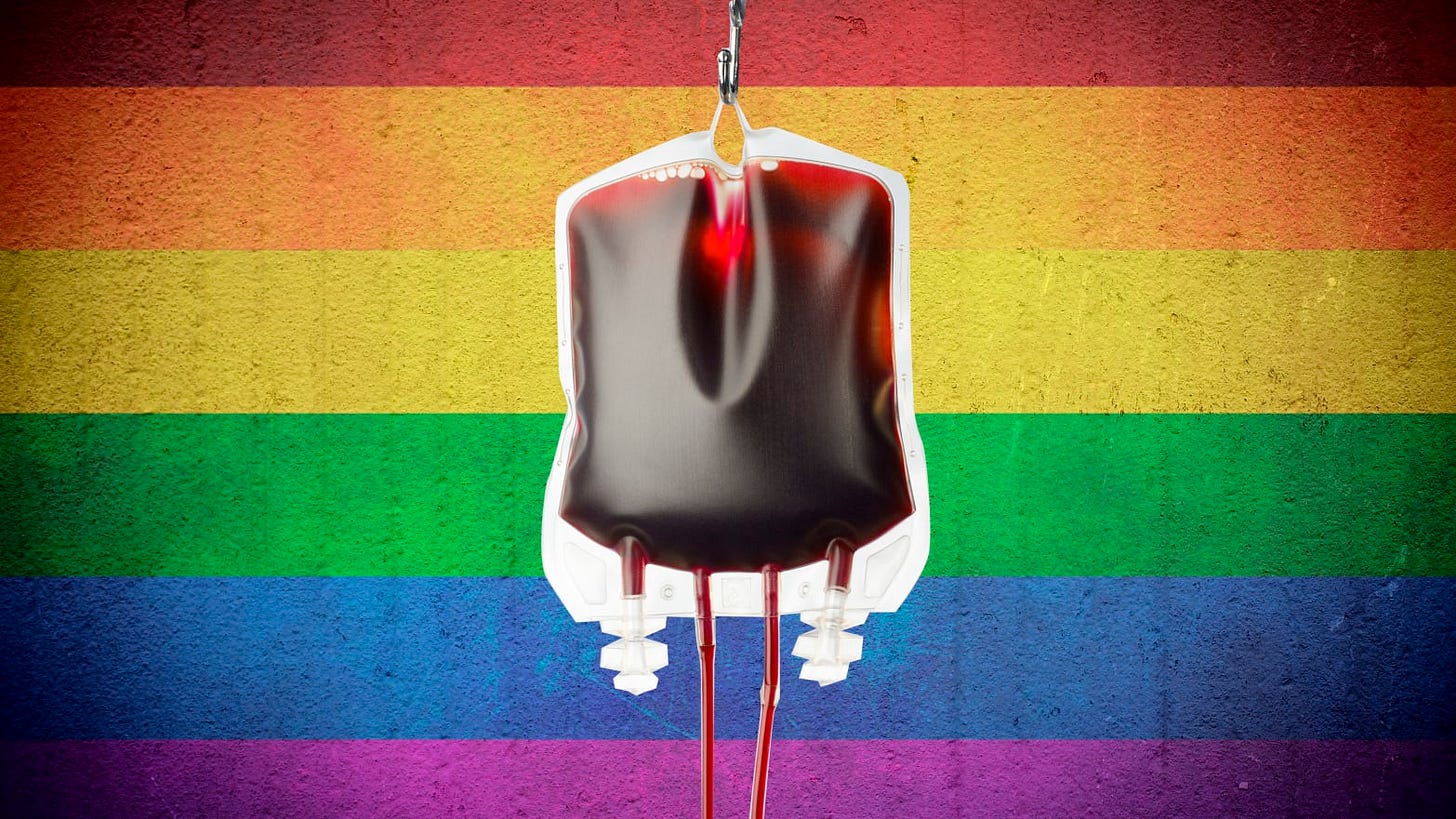Switzerland will end its ban on blood donations from gay men and men who have sex with men in November.
The British Virgin Islands has realized it needs to delay its planned referendum on same-sex marriage due to legislative changes needed in its elections law first. Apparently, there’s some sort of conflict with how electronic voting is new conducted on the island with the text of the referendum law, but this article isn’t entirely clear on what the conflict is or how long the delay will be. In the meantime, the court case for equal marriage rights is continuing.
The New Republic has another report on how the war is helping advance LGBT rights, including a civil partnership bill, in Ukraine, but there’s nothing actually new to report on the bill’s progress.
Meanwhile, Balkan Insight has a rather deeper dive on the status of LGBT rights in Kosovo, where liberal politicians are trying to pass a new civil code that includes the prospect for civil unions, but a divided governing party with a sizable Islamist segment is blocking it, while the opportunistic opposition is enjoying seeing the government flounder. As I’ve discussed before, much of the push for LGBT rights from the political class is associated with the desire for EU accession, which remains a distant project for this country that five EU members don’t even recognize.
The Los Angeles Blade says polls show very weak support for Republicans’ attempts to add anti-LGBT riders to must-pass spending bills.
In Venezuela, a police raid on a gay party where 33 men were arrested has led to denunciations from the LGBT community that the government is criminalizing homosexuality. In fact, none of the men have been charged with anything yet – it’s not clear what the local police were thinking, and the government ombudsman was denied entry to the police station. Activists are considering next steps. Spanish website Ara has a profile of two intersex activists who have become refugees because of the deteriorating situation for queer people in Venezuela.
Chile is finally advancing a long-stalled project to remove misogynistic sections from their marriage laws that treat women as secondary or incompetent in financial matters, and they are in turn ensuring that the new laws apply equally to same-sex couples.
The ruling party in Mexico City’s local government has announced a plan to recognize non-binary identities. It would be the second state of Mexico to do so. The city also plans to increase penalties for hate-motivated murders of trans women, and create a labor quote for trans people.
Meanwhile, Sinaloa state is still debating a law to ban conversion therapy, and federal deputies say they expect to hold a final vote on the proposed federal ban in September.




